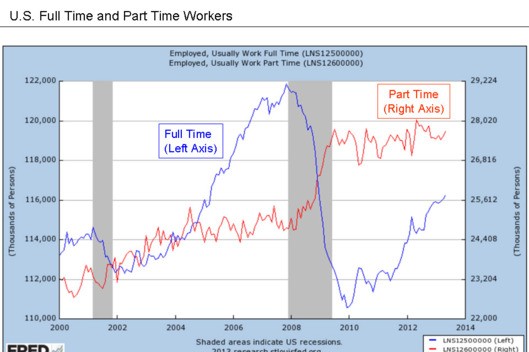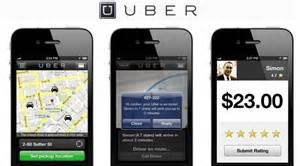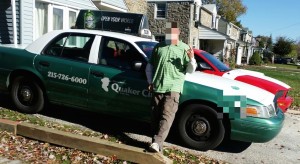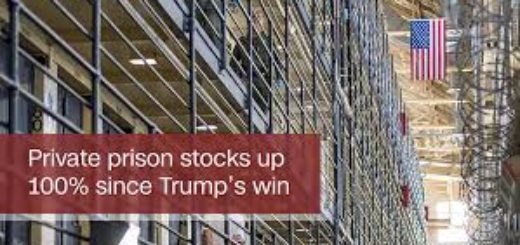Uber and the ‘Sharing Economy’ – It’s Complicated
American Companies Have Mostly Forsaken Their Share of the Safety Net
At first blush, it has all the pedigree of a “cool concept.” Uber Technologies, or Uber, links consumers who need rides with freelance drivers via a smartphone app. That’s a lot of cred right there, but there’s more: Uber is based in San Francisco and the Silicon Valley. It was founded in 2009 by two developers with a mere $200,000 in seed money. Uber’s current net worth: an estimated $62.5 billion.
Millennial hipsters might dig the fact that Uber’s marketing director is a one David Plouffe, whose hard work and data-driven vision basically put Barack Obama in the White House in 2008. Now that’s cool.
The ‘Sharing Economy’
Uber is a charter-enabler of what is called the sharing economy. The term is said to have originated in the Silicon Valley. Here’s one definition: an economy “based on a basket of start-ups (Uber, Lyft, Airbnb, et. al.) that allow users to rent their labor and belongings to strangers.”
This economic arrangement would have an appeal for those who don’t like the grind of your typical 9-5 full-time employment (or, more likely, can’t find a job). There’s an obvious appeal to entrepreneurial work in which you can make your own hours, “be your own boss.”
But like most anything else, your freedom comes with a risk: less security. Especially when the company you work for doesn’t even acknowledge that you’re an employee.
You’re On Your Own
Uber insists that its business model is technology, not transportation. Uber regards its drivers as independent contractors, not employees, and that the app is simply a “lead generation platform” that connects buyer and seller.
Of course this creative interpretation of labor law relieves Uber of any responsibility to provide its drivers with unemployment benefits, workers’ compensation, social security or health care. Uber doesn’t even pay for any part of its drivers’ business expenses, such as gas, car insurance and routine maintenance.
Uber isn’t the main culprit here. It’s merely a bit player in a melodrama about how employment is being redefined in America. There’s a downside to this shift from traditional 9-5 employment to the sharing economy: the shifting of security obligations from corporations onto the backs of average Americans, who probably don’t even realize the risks they are taking on. No wonder people are so angry.

How many full-time jobs have been replaced by part-time jobs since the Great Recession. Image courtesy New York magazine.
A Broken Covenant
It is self-evident that there no longer exists an unspoken covenant that companies meet safety net obligations as a part of an employment contract. The Washington Post‘s Catherine Rampell had a good take on the origins:
The safety nets humans relied on for centuries–their extended families–became less reliable in the age of industrialization and urbanization. As kinship networks frayed, European governments developed robust welfare states. Here in the United States…these new safety nets were largely administered by employers (for example, health insurance.)
As companies concede risk-sharing to the sharing economy, people naturally feel less secure about the future. You can smell that fear in large crowds along the 2016 presidential campaign trail. But how would society devise ways to offer security to the freelancing part-time worker? Obamacare definitely helps. But you can forget about robust government intervention while there are GOP majorities in both houses of Congress.
End of story? Not yet.
Fighting Back
Shannon Liss-Riordan is making life very difficult for the sharing economy. A labor attorney with a Harvard Law degree, Liss-Riordan recently racked up a big win for the rights and wallets of Starbucks baristas, who are enjoying the $14.1 million settlement she won for them. She also won a judgment against FedEx, forcing the company to admit that it was keeping half of its drivers’ tips.
Now, Liss-Riordan is shaking the Silicon Valley tree, sheparding a class-action lawsuit (the judge allowed 100,000 plaintiffs) against Uber, Lyft and nine other “apps” who deny their workers employment status. “These companies,” she explains, “save massively by shifting the costs of running a business to the workers.”
Attorney Liss-Riordan seems to understand that her legal action is more than about wage theft and denial of benefits. Liss-Riordan:
Why should we tear apart laws that have been put in place over decades to help a $50 billion company like Uber at the expense of workers who are trying to pay their rent and feed their families?
The Human Cost
Philadelphia Magazine recently ran a feature about a local cab driver (who chose to remain anonymous) and about how car services like Uber were affecting his business. To drive a cab in Philadelphia, you have to display a medallion, which costs about $500,000. Our anonymous driver gets to keep his cab 24/7, but he doesn’t own the medallion.
“The guys who owns the medallion on my cab retired in the ’70s,” our cab driver said. “He get a cut of the money and then the shop is taking the rest, because they own the actual vehicle.”
Because of that, he says, “you have to work seven days a week. You have to work 12 hour days. Just to crack the nut, you’re working six hours. After about six hours, you get to keep the rest. It’s a hard life.”
Regarding Uber, our cab driver had this to say: “There are 1,600 cabs on the street, and at $500,000 in value per medallion, that’s $800 million in mostly private money invested in these cabs.
“With Uber, all they have to do is have a car. No medallion. These guys can charge you $50 to go to the airport without a medallion [the public utilities commission caps licensed Philly cabs at half that amount]. I don’t think it’s fair.”





















































































































